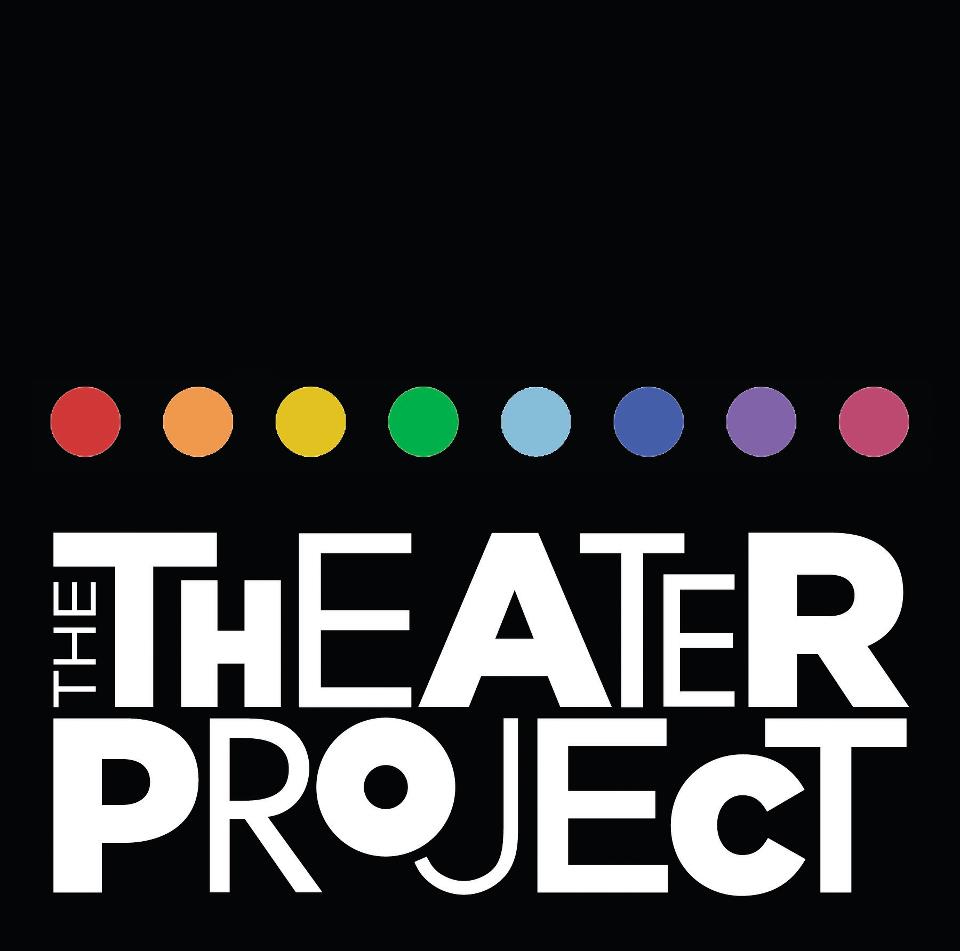Relevance and Forgiveness
Last week campers were given a homework assignment on the subject of relevance. They were asked to think of a time in their lives where they a.) felt like they “mattered” or b.) felt like they didn’t “matter”. The next day we sat in a circle to discuss. Many in the group came in with stories of being bullied. Even the counselors shared times in their lives that they felt like they didn’t matter. A few in the group had positive stories: uplifting and happy accounts of times that they really felt that they mattered. I know we all could have found positive moments to share but the majority of us had stories of friends leaving them with no where to sit during lunch in the cafeteria or being told they were not good enough to be in the school play, some of the shares untrue rumors spread and years of bullying. There were tears. I shed a few. After each person shared we would all send a hug across the circle to them, letting them know that they mattered to us.
Why are children still bullying each other? And most of the campers are at an age that online bullying has yet to begin. What happens then? We live in an online bullying culture where faceless screen names can tear apart a celebrity for holding their baby "wrong" or a restaurant for accidentally serving pancetta in their vegan fettuccine Alfredo. But what if our children are the subject of a faceless screen name rant? How do we protect them and still let them online?
I don’t know the answer to this. I do know that we need to very closely watch the content they are looking at during screen time. We need to make sure to hug them and communicate with them and know we were them once in a less scary time; the bullies stood in our faces instead of in our screens. We need to make sure they know that they do matter and that if someone they know is being bullied that they should stand up for them. Together we are all stronger and we can make a difference in someone’s life. In a time and culture where hate is everywhere; we need to teach our children that love is the higher emotion. Love has the power to heal, and within love is forgiveness.
At the close of our circle time I read the following poem on forgiveness. I reminded the campers that forgiveness does not mean letting people treat them badly. Bullying needs to be reported and stopped. Popular tables in the cafeteria should have been banned with the soda machines years ago. And stricter rules should be enforced by the tech giants that monitor our screens to do away with online bullying for good. Forgiveness is not about turning the other cheek. Forgiveness is a way to heal yourself, and something we humans should try more often.
-Jen Slack-Eaton, Director of Screenwrecked
A prayer for forgiveness:
I will forgive you
The words are so small
But there is a universe hidden in them
When I forgive you
All of those cords of resentment pain and sadness that had wrapped
Themselves around my heart will be gone
When I forgive you
You will no longer define me
You measured me and assessed me and
Decided that you could hurt me
I didn’t count
But I will forgive you
Because I do count
I do matter
I am bigger than the image you have of me
I am stronger
I am more beautiful
And I am infinitely more precious than you thought me
I will forgive you
My forgiveness is not a gift that I am giving to you
When I forgive you
My forgiveness will be a gift that gives itself to me
(Tutu, Desmond and Tutu, Mpho. (2014) The Book of Forgiving. New York, New York: Harper One.)
Cast members of Screenwrecked

